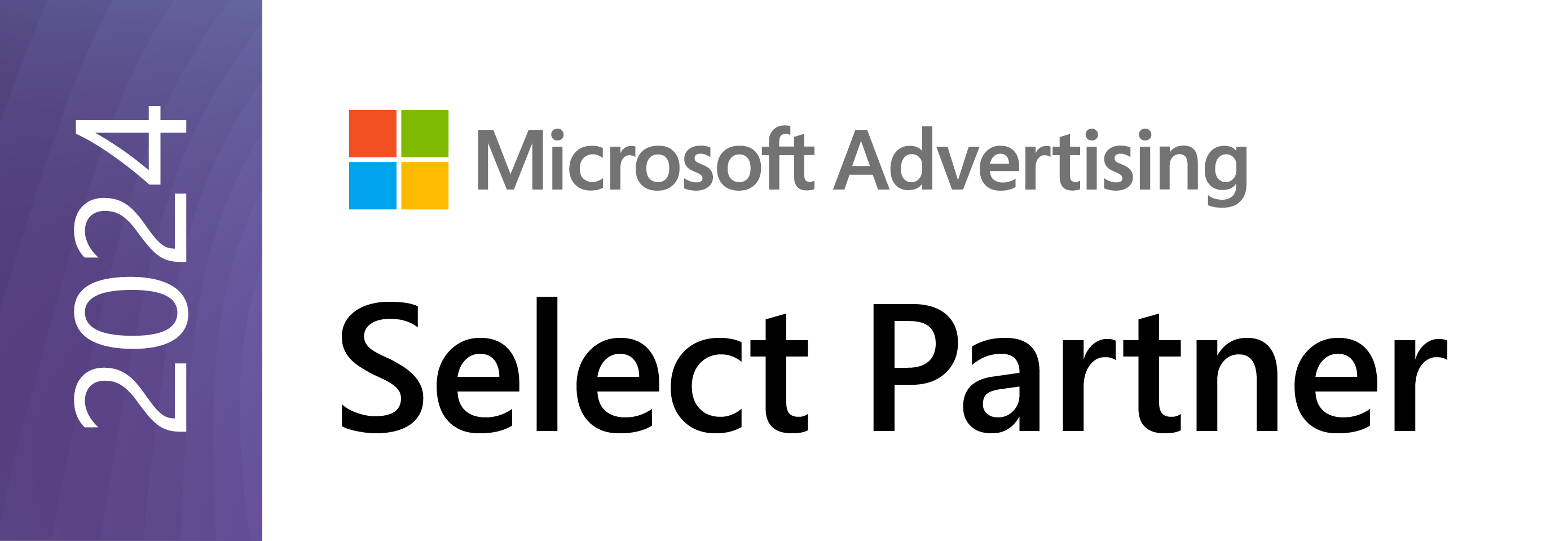
How SEO Fuels Reputation Management in 2025
Key Takeaways
-
SEO and reputation management are now fully intertwined—ranking well means managing perception.
-
Click-through rate (CTR), positive reviews, and trust signals directly influence search visibility.
-
In 2025, optimizing for user intent, AI-driven content, and voice/image search is essential.
-
A solid SEO strategy can push down negative content and elevate your brand credibility.
-
Businesses that invest in both SEO and online reputation management stand out across platforms.
In 2025, your brand’s first impression is likely made through a search engine. Whether a user Googles your name, product, or reviews, what shows up on page one determines your perceived credibility.
That’s where the powerful alliance of SEO and reputation management comes in. When executed correctly, these disciplines don’t just work in parallel—they amplify each other. Search engine optimization ensures visibility, while online reputation management (ORM) protects and shapes the narrative around your brand.
Let’s break down how SEO drives a stronger reputation in the digital-first world.
Why Clicks and Credibility Go Hand in Hand
Search engines weigh click-through rate (CTR) heavily when determining rankings. A business with a strong reputation will naturally earn more clicks on branded searches, improving its visibility over time. This creates a virtuous cycle: better sentiment = higher CTR = better SEO performance.
Other key elements that intertwine SEO and reputation include:
-
Fresh, positive reviews: Google treats these as trust signals.
-
High-authority backlinks: These stem from credible mentions across the web.
-
Engaging, optimized content: Well-crafted brand stories, testimonials, and founder spotlights help shape perception.
These tactics not only help search engines trust your site but also make real users more likely to do business with you.

The Role of SEO in Modern Reputation Management
In today’s online ecosystem, managing your reputation requires more than just monitoring reviews. It means proactively shaping what people find when they search for your business.
Key Ways SEO Impacts Online Reputation:
-
Branded Keyword Optimization: Ensures your name appears prominently with positive context.
-
Content Suppression: Pushes negative or irrelevant links further down in results.
-
Schema Markup: Helps control how your business appears in rich search snippets.
-
Video & Blog Strategy: Publishes high-quality, on-brand content that dominates your search landscape.
This strategic blend ensures your brand owns as much of page one as possible.
2025 SEO Trends Shaping Reputation Tactics
1. Voice and Image Search Optimization
By 2025, nearly 50% of all searches are happening via voice or image. Your content must be optimized for natural language queries and visual results to maintain visibility.
2. EEAT Principles
Google now prioritizes content that reflects Expertise, Experience, Authority, and Trust. This aligns perfectly with reputation-building efforts and is crucial for both SEO and ORM.
3. AI-Driven Content Creation
AI tools now support faster content production and keyword optimization, but human insight is still needed for credibility and tone.
4. Core Web Vitals
These performance metrics—page speed, mobile-friendliness, and visual stability—now directly influence how both users and Google perceive your brand.
5. Local SEO & Review Integration
Google Business Profile, Yelp, and local citations must be part of your strategy to ensure your brand is well-represented in local search queries.

Reputation-Boosting SEO Techniques
Want to leverage SEO for reputation control? Here are must-use tactics:
-
Publish Positive Press Releases & Thought Leadership
-
Optimize for Branded and Review Keywords (e.g., “[Your Brand] reviews”)
-
Implement a Broken Link Strategy to gain backlinks
-
Use Social Signals: Regular, keyword-rich posts reinforce authority
-
Monitor Search Sentiment: Track branded keyword rankings and auto-suggest phrases
Consistency is key. The more your brand appears in relevant, positive contexts, the stronger your reputation becomes.
What Happens When You Ignore This? The Risk of Digital Neglect
Failing to manage your online presence can result in:
-
Negative articles or outdated pages ranking higher than your current site
-
Confusing brand narratives
-
Lower engagement and trust from customers
-
Reduced conversions and click-throughs
And because Google prioritizes relevance and trust, those with poor ORM and outdated SEO strategies will get buried under more optimized competitors.
SEO vs. Traditional Reputation Management
Traditional PR and brand management rely on external media, interviews, and offline messaging. SEO-based ORM, however, focuses on what appears on the first page of Google—where most consumers form opinions.
Key Differences:
-
Traditional ORM: Press releases, crisis comms, interviews
-
SEO-Driven ORM: Keyword targeting, content ownership, digital authority
The future is hybrid. Smart brands blend both approaches to maintain control over both perception and performance.
How CS Design Studios Supports Your SEO + Reputation Strategy
CS Design Studios works with growth-driven businesses to build custom digital strategies that unite SEO and reputation management. Whether you need branded content, page speed improvements, or a search-friendly reputation refresh, they offer tailored services to help you rise above the competition.
As digital visibility becomes the backbone of brand success in 2025, investing in a team that understands both SEO and ORM is more important than ever.
Frequently Asked Questions
How does SEO help with online reputation?
It controls what users see when they search your brand, allowing positive, optimized content to outshine negative links.
What types of content help improve reputation?
Customer stories, expert blogs, reviews, press features, and video interviews optimized for search all reinforce trust.
Can SEO push down negative content?
Yes. With strong content and link strategies, unwanted results can be suppressed over time.
What role do reviews play in SEO?
Fresh, positive reviews signal trust to both users and search engines, helping boost rankings and credibility.
Is SEO reputation management only for large businesses?
Not at all. Small businesses benefit greatly by claiming and optimizing branded keywords and review content.



